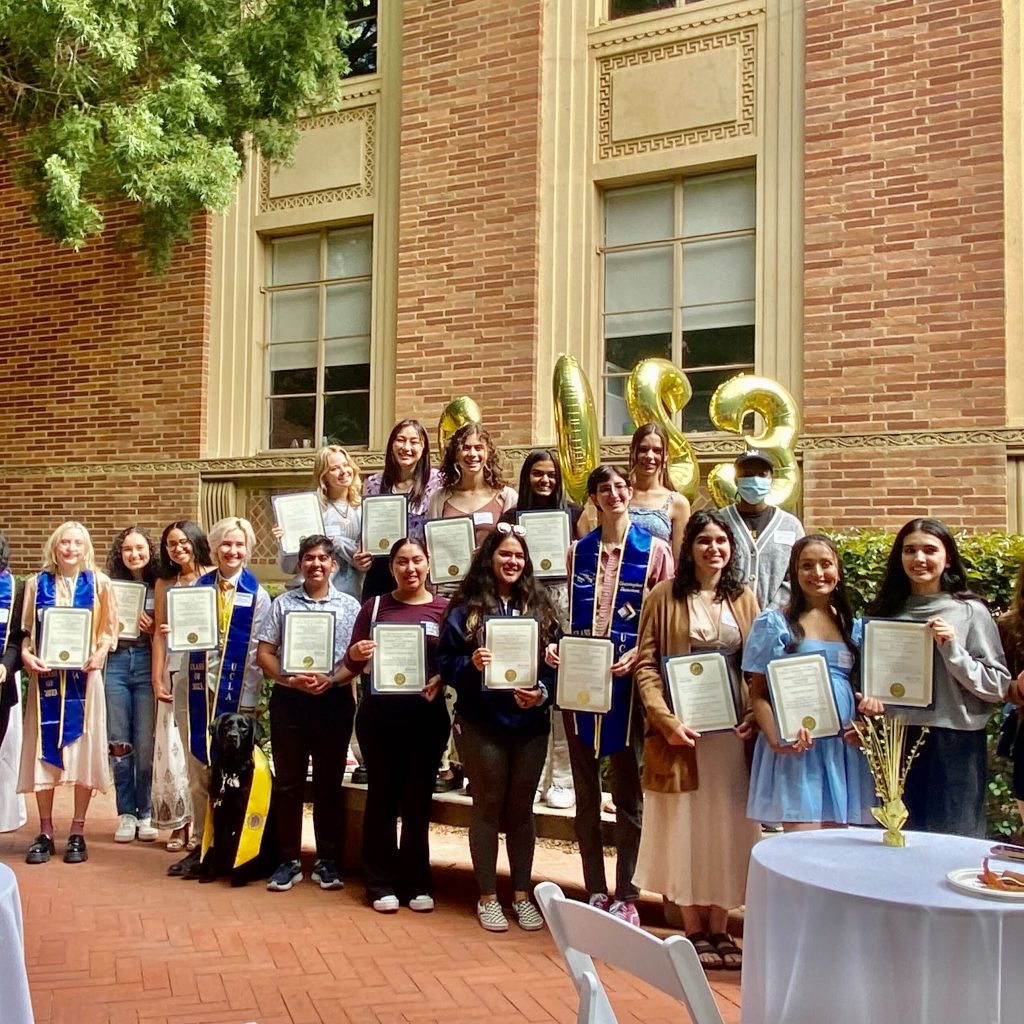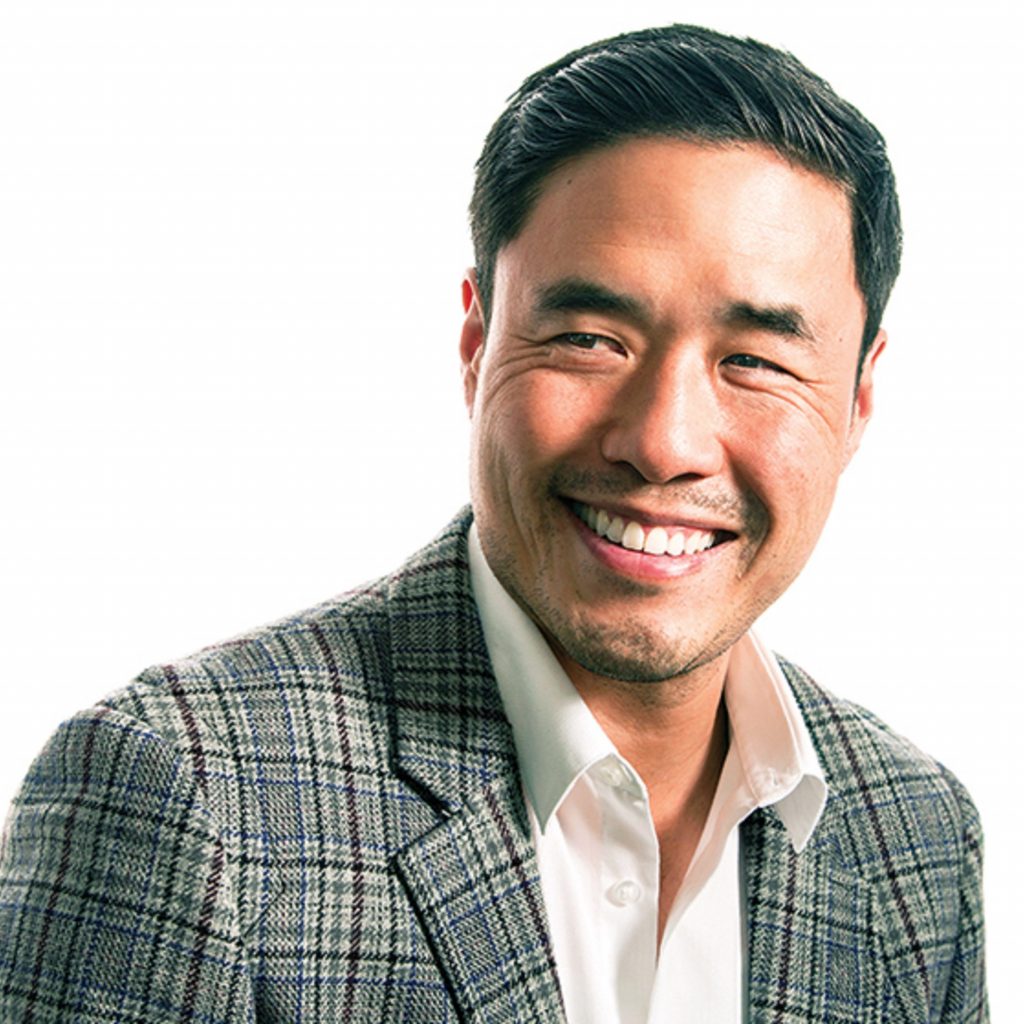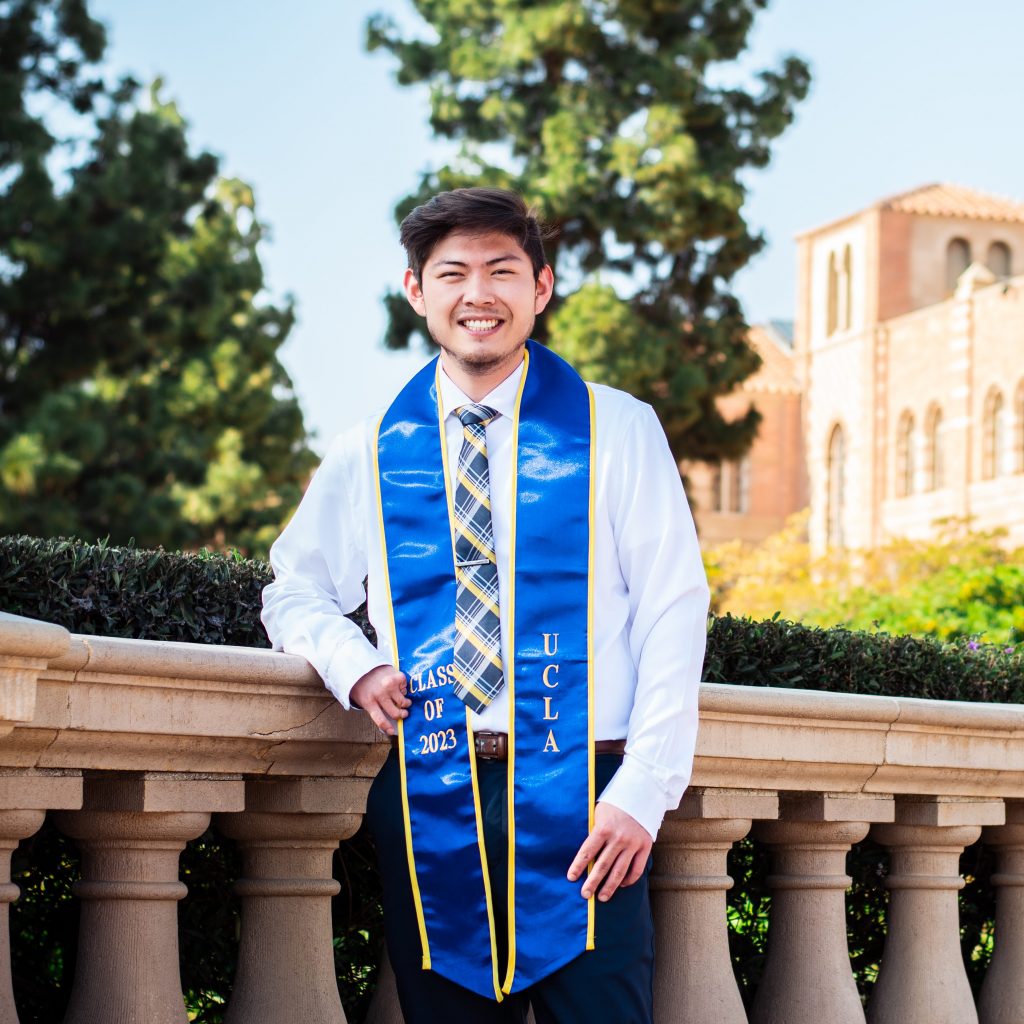UCLA Disability Studies hosted an online conversation between Judy Heumann, Dr. Therí A. Pickens, and Cyrée Jarelle Johnson from Sins Invalid, moderated by Dr. Beth Ribet on February 9, 2022.
The event was part of an ongoing series of virtual conversations on the Future of Disability Studies.
The panelists discussed themes such as: the future of disability studies, disability rights, disability justice, accessibility, intersectionality, cooptation, appropriation, whiteness and dismantling white supremacy.
Attendees asked thoughtful questions such as: How do we generally advocate for people with disabilities within educational settings? How do you align access and consent? What would it be like to have more choices? What does political disability mean? How can we create sustainable change within the academy as constrained by white supremacy in the institution? What can faculty do to show up and advocate for disability justice activism?
This series of virtual conversations on the Future of Disability Studies comes at a significant time in the history and development of the discipline. The fortieth anniversary of the founding of the Society for Disability Studies in 1982, and fifteen years since the establishment of UCLA’s Disability Studies minor in 2007. It is timely, then, for the disability studies community to consider its future, and for UCLA’s Disability Studies program, in particular, to plan to expand our curriculum to embrace the growing interests in the field.
As we think about the future of disability studies, it is important for us to also consider and reflect on the history and impact of advocacy for and by the disability community, and how this activism contributes to the transformative potential of disability studies.
Therí A. Pickens on the student demonstrations led by the DSU. At the time of the conversation, students had been on strike for over a week. The strike lasted 16 days, the longest sit-in in UCLA history.
As an alumni I am also proud the students are continuing in the time honored UC tradition of protest and occupying buildings. When it comes time to negotiate, do not, in any way, feel like the power that you are up against is a reason for you to bow or to break. It is imperative that you fight for the thing that you need, that you fight to live while you are also educated, and as a disabled faculty member now currently benefiting from the advocacy done on my campus such that I can zoom into the classroom for myself and for my own health, I urge you to fight for yourselves, for us. … It is not necessary that we all have the exact same mission, and in fact if we are using battle language, that is not how you win, you win because everyone is doing something unique to their gifts and contributions.
Judy Heumann on access:
With these conversations, we are looking at access beyond a ramp and beyond a wide door and even beyond accessible technology. We are looking at access in a much broader way, in a much deeper way. I think in order for us really to be able to obtain disability rights and disability justice we need to normalize the types of discussion that we are having so that in part the typical non disabled person can begin to recognize that disability is something which is a normal part of life.
Cyrée Jarelle Johnson on visibility:
I think one of the things so interesting in disability justice or rights is that we are very attached to this idea of visibility as though sight is a benchmark for impairment. That does not make sense; that is in itself ableist. I do not see how the idea of visibility for something that, and this is true for my self as a gay person, true as a transgender person, where visibility ends up being part and parcel of everything we think about. Are you visibly queer, are you visibly trans, are you visibly disabled, what the fuck does that have to do with anything. What does my visual appearance have to do with all these categories that have to do with my body and behavior or my gender.


